
Elizabeth Bishop was an American poet and short-story writer. She was Consultant in Poetry to the Library of Congress from 1949 to 1950, the Pulitzer Prize winner for Poetry in 1956, the National Book Award winner in 1970, and the recipient of the Neustadt International Prize for Literature in 1976. Dwight Garner argued in 2018 that she was perhaps "the most purely gifted poet of the 20th century". She was also a painter, and her poetry is noted for its careful attention to detail; Ernest Hilbert wrote “Bishop’s poetics is one distinguished by tranquil observation, craft-like accuracy, care for the small things of the world, a miniaturist’s discretion and attention."

Paul Muldoon is an Irish poet.
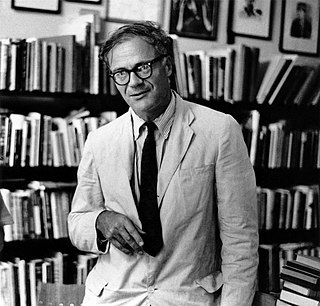
Robert Traill Spence Lowell IV was an American poet. He was born into a Boston Brahmin family that could trace its origins back to the Mayflower. His family, past and present, were important subjects in his poetry. Growing up in Boston also informed his poems, which were frequently set in Boston and the New England region. The literary scholar Paula Hayes believes that Lowell mythologized New England, particularly in his early work.

Henri Cole is an American poet, who has published many collections of poetry and a memoir. His books have been translated into French, Spanish, Italian, German, and Arabic.
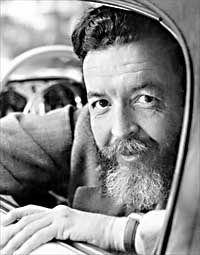
Randall Jarrelljə-REL was an American poet, literary critic, children's author, essayist, and novelist. He was the 11th Consultant in Poetry to the Library of Congress—a position that now bears the title Poet Laureate of the United States.
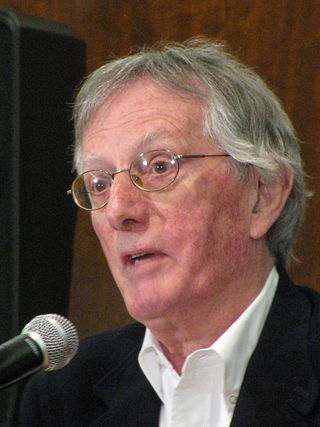
Charles Wright is an American poet. He shared the National Book Award in 1983 for Country Music: Selected Early Poems and won the Pulitzer Prize in 1998 for Black Zodiac. From 2014 to 2015, he served as the 20th Poet Laureate of the United States.

Charles Kenneth "C. K." Williams was an American poet, critic and translator. Williams won many poetry awards. Flesh and Blood won the National Book Critics Circle Award in 1987. Repair (1999) won the 2000 Pulitzer Prize for Poetry, was a National Book Award finalist and won the Los Angeles Times Book Prize. The Singing won the 2003 National Book Award and Williams received the Ruth Lilly Poetry Prize in 2005. The 2012 film The Color of Time relates aspects of Williams' life using his poetry.
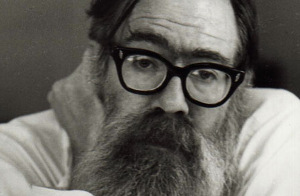
John Allyn McAlpin Berryman was an American poet and scholar. He was a major figure in American poetry in the second half of the 20th century and is considered a key figure in the "confessional" school of poetry. His 77 Dream Songs (1964) won the 1965 Pulitzer Prize for Poetry.
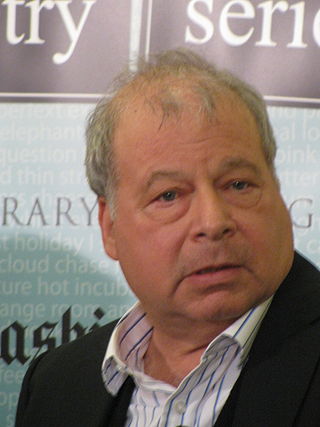
August Kleinzahler is an American poet.
Gjertrud Schnackenberg is an American poet.

Carl Phillips is an American writer and poet. He is a professor of English at Washington University in St. Louis. In 2023, he was awarded a Pulitzer Prize for Poetry for his Then the War: And Selected Poems, 2007-2020.
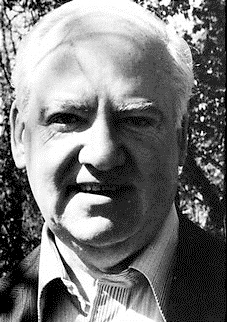
Robert Giroux was an American book editor and publisher. Starting his editing career with Harcourt, Brace & Co., he was hired away to work for Roger W. Straus, Jr. at Farrar & Straus in 1955, where he became a partner and, eventually, its chairman. The firm was henceforth known as Farrar, Straus and Giroux, where he was known by his nickname, "Bob".
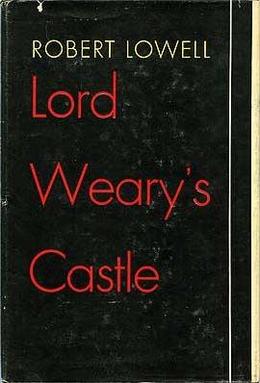
Lord Weary's Castle, Robert Lowell's second book of poetry, won the Pulitzer Prize for Poetry in 1947 when Lowell was only thirty. Robert Giroux, who was the publisher of Lowell's wife at the time, Jean Stafford, also became Lowell's publisher after he saw the manuscript for Lord Weary's Castle and was very impressed; he later stated that Lord Weary's Castle was the most successful book of poems that he ever published.
"Beyond the Alps" is a poem by Robert Lowell.

Jonathan Galassi has served as the president and publisher of Farrar, Straus and Giroux and is currently the Chairman and Executive Editor.
Christian Wiman is an American poet, translator and editor.

David Rigsbee is an American poet, contributing editor and regular book reviewer for The Cortland Review, and literary critic. He served on the faculty at University of Mount Olive.
Maureen McLane is an American poet, critic, and professor. She received the National Book Critics Circle Award.

Clare Cavanagh is an American literary critic, a Slavist, and a translator. She is the Frances Hooper Professor in the Arts and Humanities and Chair of the Department of Slavic Languages and Literatures at Northwestern University. An acclaimed translator of contemporary Polish poetry, she is currently under contract to write the authorized biography of Czesław Miłosz. She holds a B.A from the University of California, Santa Cruz, and an M.A. and PhD from Harvard University. Before coming to Northwestern University, she taught at the University of Wisconsin, Madison. Her work has been translated into Russian, Polish, Hungarian, French, Dutch, Chinese, and Japanese.
Devin Johnston is an American poet. He has authored several poetry collections Far-Fetched (2015), Sources (2008), a finalist for the National Book Critics Circle Award for Poetry, Aversions (2004), Mosses and Lichens (2019) and Telepathy (2001). His literary criticism and prose writing includes Precipitations: Contemporary American Poetry as Occult Practice (2002) and Creaturely and Other Essays (2009).














